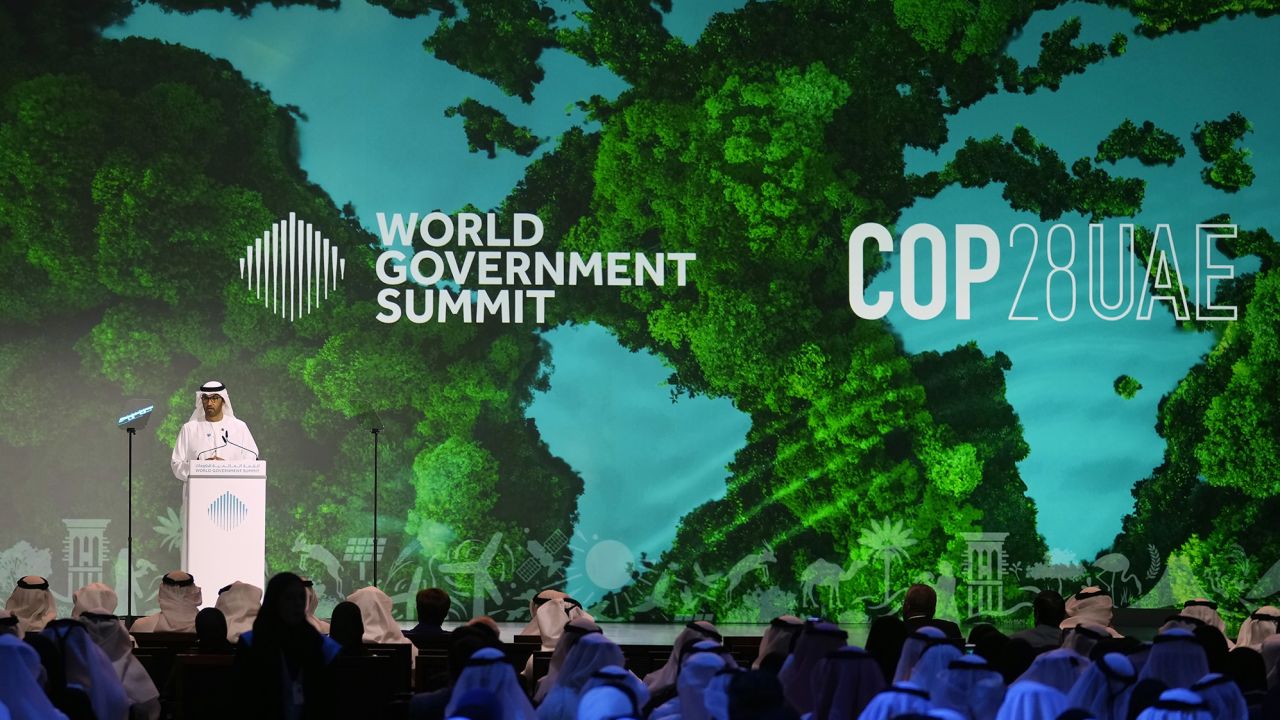Nations at COP28 agree to expand clean, reliable energy source to combat climate change
In a significant step forward in the fight against climate change, 22 countries have pledged to triple their nuclear energy capacity by 2050. The announcement came at the 28th Conference of the Parties (COP28) to the United Nations Framework Convention on Climate Change (UNFCCC), which is currently taking place in the United Arab Emirates.
The 22 countries, which include the United States, the United Kingdom, France, Canada, and Japan, have agreed to invest in new nuclear power plants, as well as to extend the lifespan of existing plants. They also committed to developing new nuclear technologies, such as small modular reactors (SMRs).
This is a major step forward for nuclear energy, which is a clean, reliable, and emissions-free source of power. Nuclear energy is not without its risks, but it is a far safer and cleaner option than fossil fuels.
The International Energy Agency (IEA) has said that nuclear energy will be essential to meeting the world’s climate goals. In its 2022 World Energy Outlook, the IEA said that nuclear power needs to double by 2050 in order to keep the global temperature from rising by more than 1.5 degrees Celsius above pre-industrial levels.
The IEA’s report also found that nuclear energy is the cheapest source of low-carbon electricity. This is because nuclear power plants do not need to burn fossil fuels, which are becoming increasingly expensive.
The decision by the 22 countries to triple their nuclear capacity is a welcome development. It is a sign that the world is serious about addressing climate change and that nuclear energy is an important part of the solution.
Here are some of the benefits of nuclear energy:
- Nuclear energy is a clean source of power. It does not produce greenhouse gases, which are the main cause of climate change.
- Nuclear energy is a reliable source of power. Nuclear power plants can operate 24 hours a day, 7 days a week, regardless of the weather conditions.
- Nuclear energy is a safe source of power. The safety of nuclear power plants has improved dramatically since the Chernobyl disaster in 1986.
- Nuclear energy is an affordable source of power. Nuclear power is the cheapest source of low-carbon electricity.
The decision by the 22 countries to triple their nuclear capacity is a positive step forward in the fight against climate change. Nuclear energy is a clean, reliable, and affordable source of power that can help us to reduce our reliance on fossil fuels and meet our climate goals.
In addition to the 22 countries that have pledged to triple their nuclear capacity, several other countries are also considering expanding their nuclear power programs. These countries include China, India, and South Korea.
The expansion of nuclear energy is an important part of the global effort to combat climate change. Nuclear energy is a clean, reliable, and affordable source of power that can help us to reduce our emissions and meet our climate goals.

